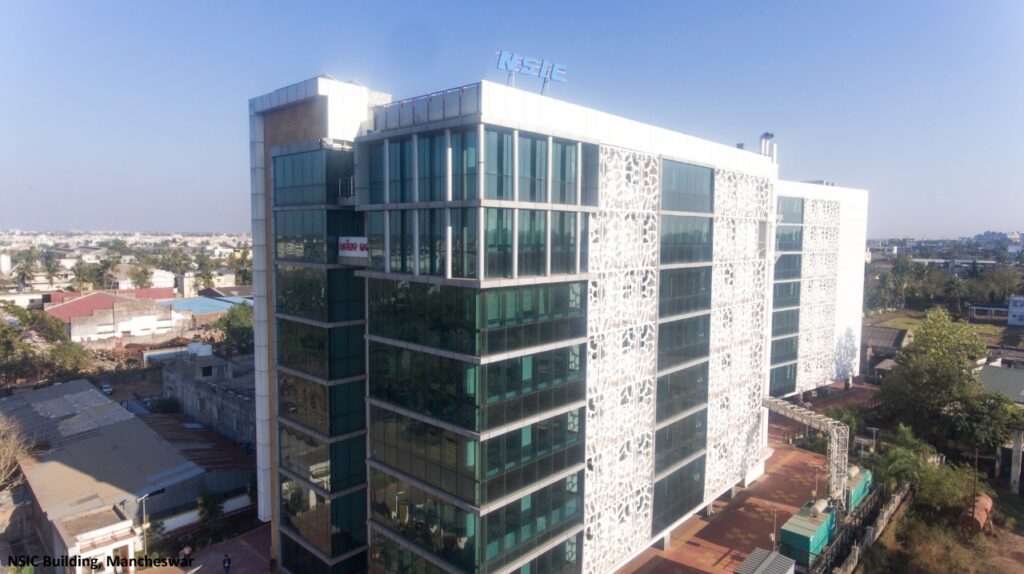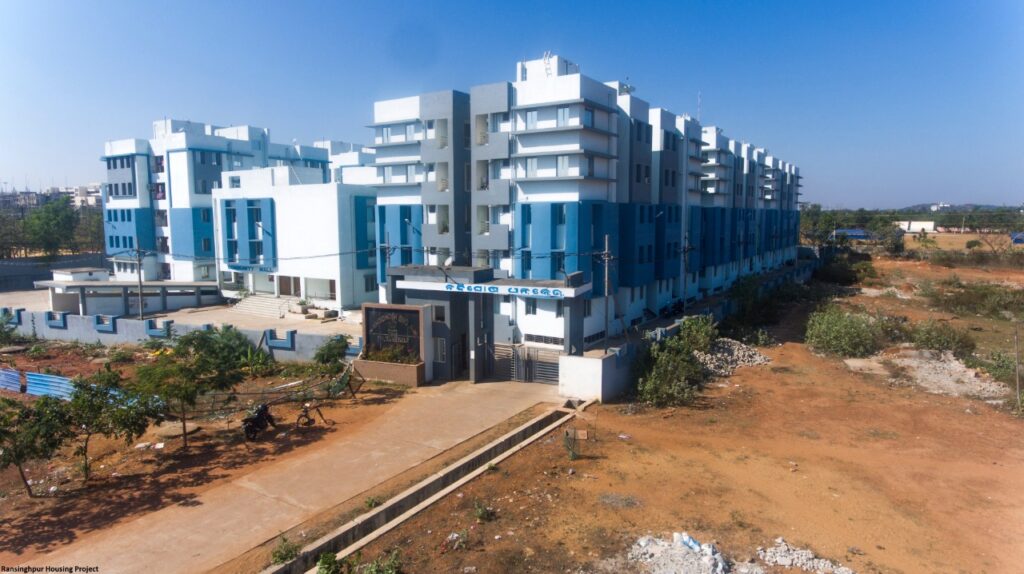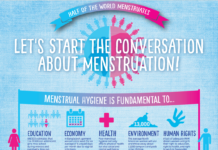Paramita Panda and Indradeb Das
The ongoing COVID-19 pandemic has not only posed an alarming, unthinkable and unimaginable health crisis to cope with but has also brought in the worst global recession. It has induced market instability at a global level to an extent that industries, governmental bodies, and public at large are grappling with a new way of living life together. Suddenly people across all strata are talking about life rather than livelihood.
Lockdowns for indefinite periods has led to stress and collapse of different sectors of the society. Needless to say, the outcomes, on account of deep recession caused by COVID-19 pandemic, identified as the biggest recession in last three decades, are the sharp rise in unemployment; stress on supply chains; collapse of tourism, hospitality and various service sector industries; reduced consumer activity; plunge in fuel consumption and rise in LPG sales; drastic fall in national trade with neighboring countries.

Initially, it was common perception that COVID-19 pandemic could be controlled through self-isolation. Subsequently, many countries including India changed to complete lockdown and shutdown strategies. India managed to slow the pace of COVID-19 pandemic as compared to other countries. However, the common man and entrepreneurs are severely affected. Most of the industries have had a severe hit on their business as well as services rendered.
But then the writing on the wall was very lucid for the employers at large – they have to own up the responsibility of keeping their businesses afloat and running albeit at the cost of stretched working capital / strained cash flow as well as live upto the huge expectations of their human resources who were more than banking on the employers to bail them out of the health induced economic crisis, as a matter of right. Simply put, it is a given that the future of the industries lie in keeping safe and secure the human assets of the organizations. This is where the industry is at cross roads. When the business is practically either non existent currently or scale is so low that it is non remunerative to retain the workforce as most of them were not even meeting the marginal cost of running it .

As such, the economy per se had been much below the expected level of performance even before the pandemic. The government had barely started to provide a boost, especially to the construction, as well as the real estate sector; but it got totally derailed because soon after it rolled out the mega plan for infrastructure development, affordable housing, etc the pandemic set it. Consequently, most of the construction workers went back to their home state. Even after the lifting of the shutdown/ lockdown they have been showing signs of apprehension to get back to work. Of course the recent spurt of new cases is adding further intensity to their belief in the age old adage – Jaan hai to Jahan hai .

The concept of working has changed across the globe irrespective of whichever geo-political dispensation is in place in whichever region. Any work practice that was in vogue yesterday, has today become the basic necessity and the norm. New working styles have evolved – from physical meetings to virtual meetings; conducting clients/business meetings through video conference; from organizing seminars to webinars; work from home, etc.
However, the pandemic and its resultant social distancing norms, has thrown up insurmountable challenges for brick & mortar industries like manufacturing, construction, infrastructure and logistics where the work has to be physically executed unless, tremendous amount of automation is introduced to eliminate physical proximity and contact among workers. The pandemic has had a crippling effect on such industries’ functioning.

Moreover a sizeable amount of money has gone into addressing health-care and its supporting infrastructure costs which is equally important as we are here talking of the “lives” and unless the lives are saved, “livelihood” in all senses should become irrelevant. It is almost a situation where social and economic factors are at loggerheads. However the fact remains that, very soon a situation has to emerge where life (social factor) and livelihood (necessities to live a life) has to strike a trade off.
The only silver lining in this pandemic pandemonium is that it has taught entrepreneurs and industrialists to be more resilient and devise ways to adapt to changes – changes required for survival and sustenance. How many companies who will survive this situation is anybody ‘s guess. Will just providing moratorium on interest repayments will really see it through this chaotic situation? What the mid size companies really need is reimbursement of wage bills paid during lockdown or even till the time the “new normalcy” has not been restored, interest subvention , and any other fiscal incentive rather than only deferment of interest.

This is not an easy solution considering that the coffers of both central as well as state governments are under stress because of heavy expenditures on settling the migrant workers, providing health care for fighting the pandemic and of course with hardly any revenue coming in because of lack of industrial production in “Real Scale.” But this is one bullet the government has to bite if it really wants to snatch the opportunity the world economy is providing by way of a movement to shift the manufacturing bases from China to India. These mid size companies are the one who can actually make that happen if they are able to stay afloat and see through this difficult time with the help of the government.
(Paramita Panda is the MD and Indradeb Das is the GM, HR of UMSL, an infrastructure company under IMFA group of companies. Views are personal.)





















